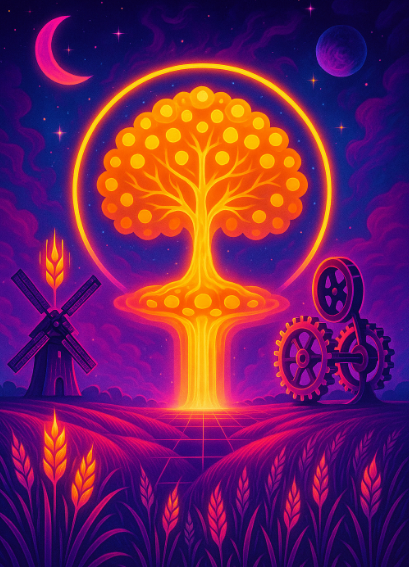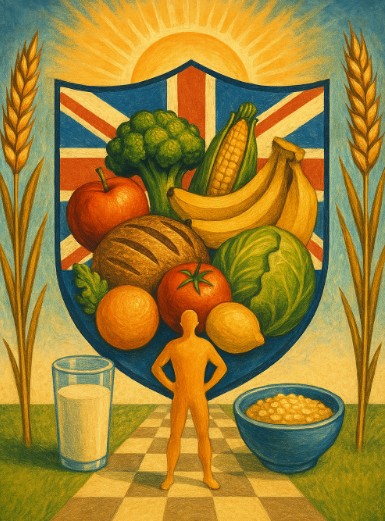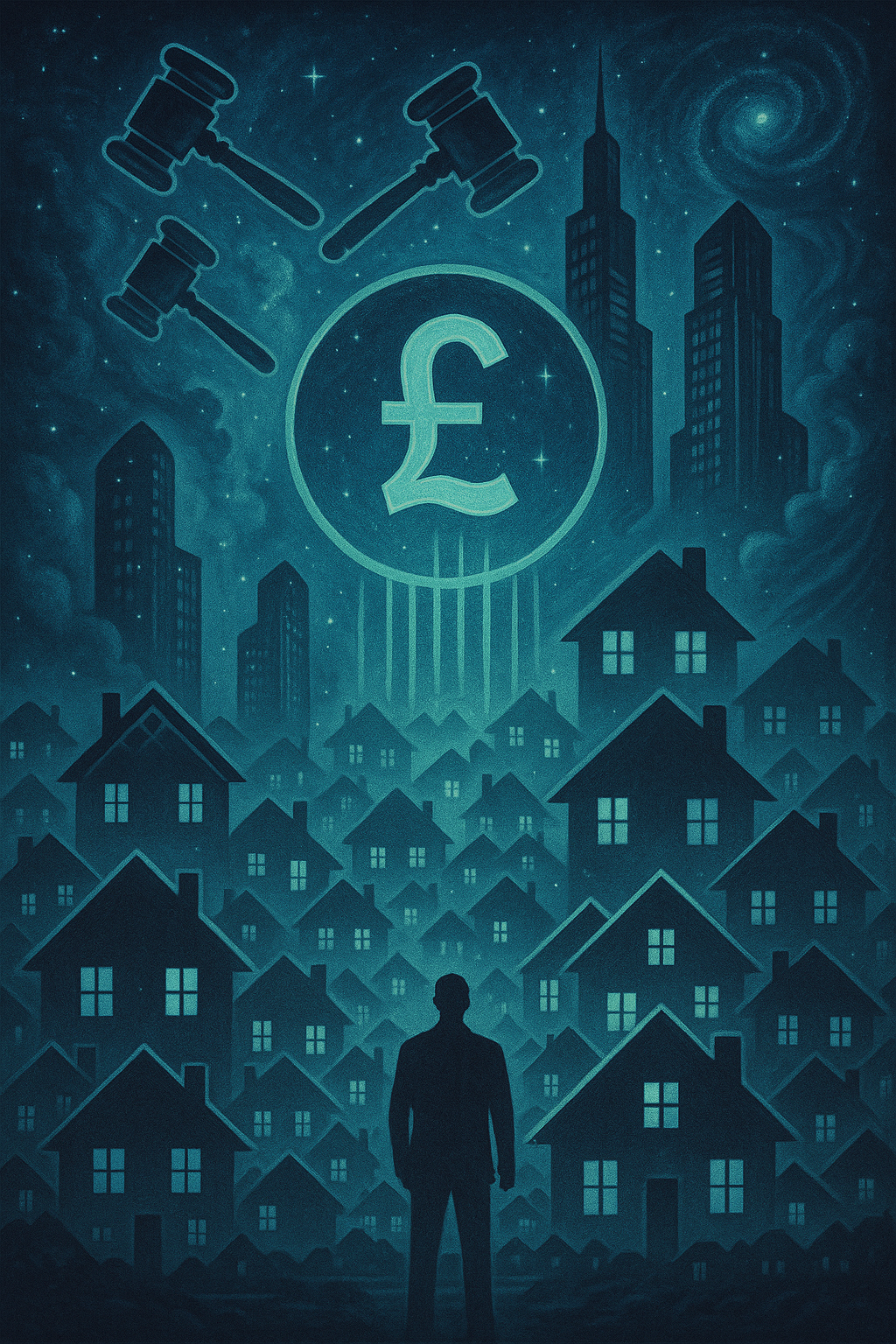Culture as Expression: The Imperative of Voice and the Burden of Choice
Popular articles
Expression stands as a foundational act, the mechanism by which individuals assert presence and meaning in a collective sphere. It is not merely a privilege but a necessity—an irreducible condition of human association. Across history, from the raucous assemblies of Athens to the whispered dissent of feudal villages, the capacity to voice thought has defined the contours of communal life. Culture emerges as the aggregate of these acts, a tapestry woven from countless threads of utterance, gesture, and intent. Yet this tapestry is not neutral; its patterns may elevate or degrade, and the responsibility for its quality rests squarely with those who speak. When expression falters—when it turns coarse, hollow, or malign—the culture it forms follows, and the society it sustains suffers. This essay contends that the freedom to express is indispensable, that it inexorably shapes culture, and that individuals must bear the weight of crafting a culture worthy of endurance.
The necessity of expression lies in its role as the primary conduit of human agency. Without it, the individual is muted, reduced to a shadow in the machinery of the collective. History offers no shortage of evidence: the stifled murmurs of serfs under medieval lords bred a culture of resignation, a brittle shell of obedience that crumbled when plague and revolt struck. Contrast this with the cacophony of the Renaissance, where poets and printers unleashed a flood of ideas—flawed, bold, untested—and birthed a culture of inquiry that reshaped continents. Expression is the pulse of a society; its presence ensures that the collective does not stagnate into silence, its absence guarantees a void. To deny it is to deny the possibility of progress, for no culture can evolve without the raw material of voiced thought.
Yet expression is not a passive force—it actively constructs. Every utterance, from the bard’s lament to the merchant’s boast, contributes to the edifice of culture. This process is neither random nor benign; it is a deliberate act of creation, laden with consequence. Consider the Reformation: Luther’s theses, nailed to a door, were not mere words but a hammer blow, forging a culture of defiance that split Christendom. The ideas expressed—crude, fervent, unyielding—did not dissipate; they crystallized into a new social order, one of schism and zeal. Culture, then, is the residue of expression, the sum of what is said and how it is heard. It reflects the tenor of its makers, whether they whisper hope or bellow scorn, and its form dictates the life lived within it.
The peril arises when expression veers toward the detrimental. A voice unchecked can sow discord as readily as harmony; it can build a culture of rancor rather than reason. History bears witness: the vitriol of 17th-century English pamphleteers, railing against king and creed, did not merely critique—it poisoned, fostering a society of factions where trust dissolved and swords were drawn. Such expression—strident, divisive, unmoored—erects a culture that mirrors its flaws: suspicious, fragmented, prone to collapse. The Civil War that followed was not an aberration but an outcome, a society shaped by voices too eager to wound. Detrimental expression does not fade; it embeds, and the culture it yields becomes a cage, confining its inhabitants to the limits of its venom.
This dynamic underscores a critical truth: the quality of culture hinges on the quality of expression, and that quality is a choice. Individuals are not passive conduits but architects, each word a brick in the communal wall. The Athenian agora thrived not because speech was free but because its speakers—flawed as they were—strove for rhetoric over rant, crafting a culture of debate that endured beyond marble. Conversely, the vituperative harangues of the French Terror, dripping with accusation, built a culture of guillotines, short-lived and soaked in regret. Expression’s power to form is matched only by its power to deform, and the distinction lies in the hands of those who wield it. A society of discord is not inevitable—it is elected, one utterance at a time.
Thus, the burden falls to the individual. To express is to act, and to act is to shape; there is no neutrality in this equation. A culture of vitality—open, resilient, reflective—demands voices that rise to the task, that choose clarity over clamor, substance over spite. The Renaissance printer, laboring over type, did not merely publish—he challenged, and the culture that emerged bore the fruit of his daring. The alternative is stark: a culture of decay, born of expression too lazy or vicious to aspire. The 18th-century Grub Street hacks, churning scandal for pence, did not lack freedom—they lacked will, and their legacy was a society of gossip, not greatness. Individuals must do better, for the culture they forge is the one they inherit.
The argument is clear: expression is not an ornament but an engine, driving culture into being. Its necessity is absolute—without it, societies wither into silence, their potential unrealized. Yet its impact is contingent; it can uplift or unravel, and the direction rests with those who speak. A detrimental culture—fractured, mean, hollow—is no accident but a product, the wages of expression ill-spent. The task is not to silence but to refine, to recognize that every voice casts a shadow and to ensure that shadow builds rather than breaks. Culture is the measure of a society, and expression is its maker; the two are bound, and their fate lies in the choices of the many.
Subscribe to unlock premium content
Sed at tellus, pharetra lacus, aenean risus non nisl ultricies commodo diam aliquet arcu enim eu leo porttitor habitasse adipiscing porttitor varius ultricies facilisis viverra lacus neque.
The Great Wealth Generation Act 1.0

The Great Democracy Restoration Act

UK Nutrition Act 1.0

The Great Wealth Generation Act 1.0

The Great Democracy Restoration Act

The Great Wealth Generation Act 1.0







